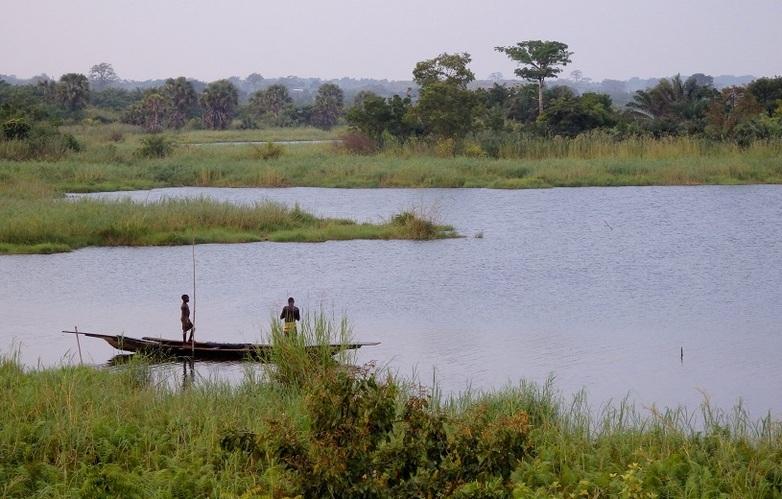Context
Biological diversity (biodiversity), which comprises genetic diversity, species diversity and diversity of ecosystems, is the foundation on which human life depends. Numerous development-policy goals such as food security, poverty reduction, climate change mitigation and adaptation depend on ecosystem services. Conservation of biological diversity is therefore one of the most crucial factors that sustainable development hinges on. This is especially true in (sub)tropical countries, which are home to around 80 per cent of biodiversity worldwide and where both the economy and people’s livelihoods substantially rely on it. However, the increasing loss of biodiversity is endangering the very foundations of our economic, social and cultural life and threatening the development of all future generations.
Conservation of biodiversity is therefore a global task and has a similar dimension as climate change mitigation. It is reflected as a key challenge to development in the United Nations’ 2030 Agenda for Sustainable Development. Sustainable Development Goal 15 – Life on Land – specifically addresses the protection of terrestrial biodiversity and sustainable use of terrestrial ecosystems. Since 1992, with the Convention on Biological Diversity (CBD) and its implementation instruments, the international community has been committed to preserving biodiversity around the globe.
Objective
Based on the contributions of the support project, the German Federal Ministry for Economic Cooperation and Development (BMZ) is designing political and implementation processes that serve to preserve terrestrial biodiversity. It places particular emphasis on achieving the goals of the 2030 Agenda and the CBD.
Approach
In order to help shape international processes and to advance development cooperation (DC) in the area of marine conservation, knowledge must be kept up-to-date and innovative approaches have to be developed, tested and popularised. This requires ongoing expert support for numerous biodiversity-related issues as well as analysis and dissemination of longterm development cooperation experience.
The project is supporting BMZ in incorporating development policy positions on conservation of terrestrial biodiversity into national and international political processes, for example into negotiations relating to the 2030 Agenda or the CBD. It is advising BMZ with regard to managing and refining development cooperation in the area of biodiversity conservation and also with regard to implementing initiatives, thus setting thematic priorities. For this purpose, the project draws on the experience gained with previous measures. In terms of concept, it works in close collaboration with the ‘Marine Conservation‘ support project and maintains a close dialogue with other development cooperation measures and actors. Development policy practice is recorded and reviewed in order to generate practical knowledge and ensure that proposed concepts and initiatives are effective.
Results
With the aid of the professional advisory services provided by the project, BMZ is helping to shape international and national development-oriented political processes, managing and refining its biodiversity-related portfolio. For example, as part of these advisory services, it is developing and promulgating strategies, concepts and instruments. These are being incorporated into the implementation of international agreements or used – in accordance with the priorities and policy steering decisions of BMZ – in development cooperation projects at the level of the partner countries.
At present, on behalf of BMZ, the project is working with the Worldwide Fund For Nature (WWF) to implement an initiative to reduce the demand for ivory in China. The aim is to stem elephant poaching. By providing advisory services to BMZ, the project is indirectly contributing to biodiversity conservation and sustainable use of ecosystem services, and thus also to sustainable development.
